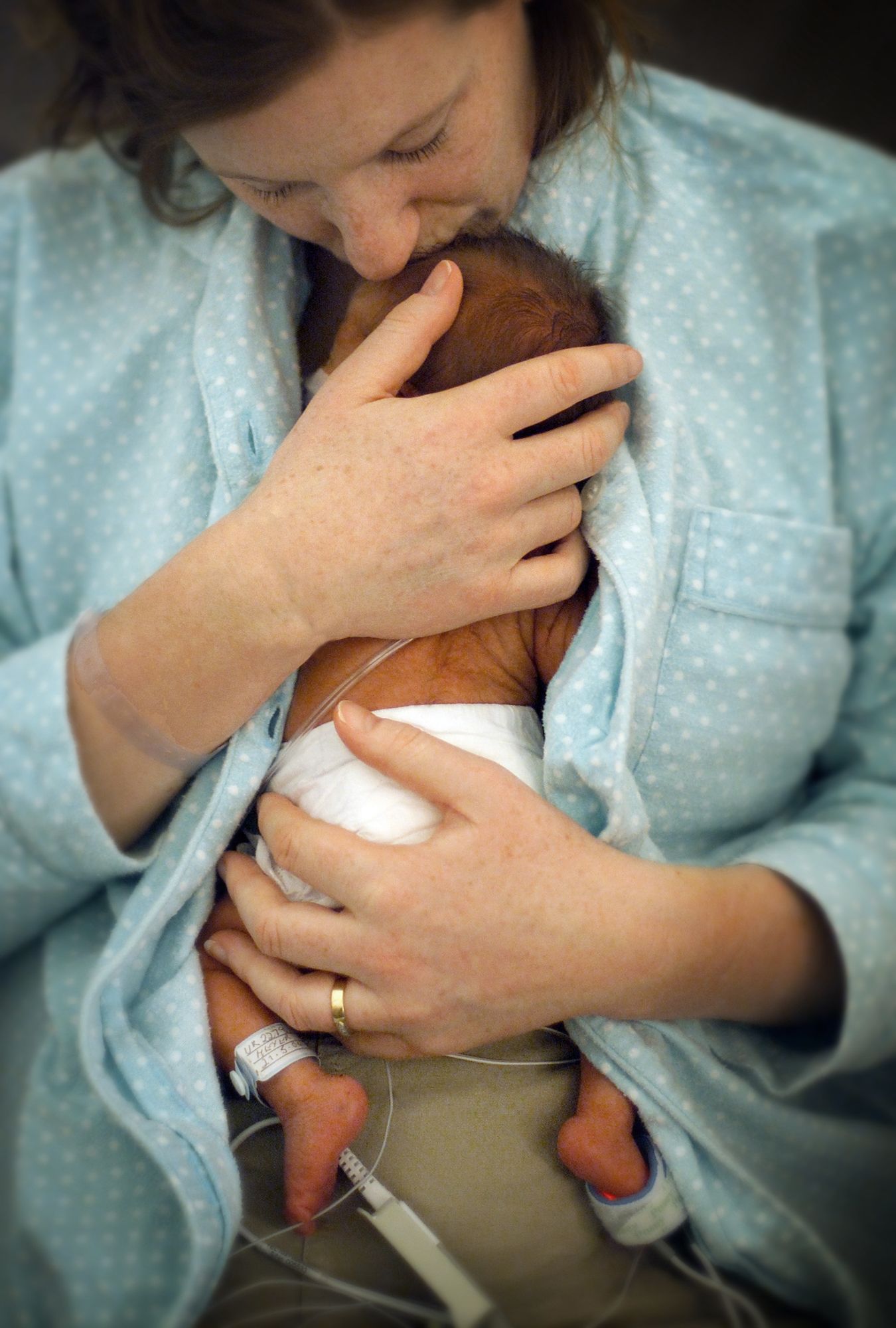 Parents of preterm infants have to be vigilant for a number of complications that could influence the lives of their children. These include serious conditions like retina of prematurity (ROP). This eyesight condition can potentially lead to baby blindness, with the infant exhibiting symptoms soon after birth.
Parents of preterm infants have to be vigilant for a number of complications that could influence the lives of their children. These include serious conditions like retina of prematurity (ROP). This eyesight condition can potentially lead to baby blindness, with the infant exhibiting symptoms soon after birth.
While this condition can normally resolve itself, it is important for the infant’s health to monitor the progression or regression of ROP. Retina of prematurity primarily affects premature infants born at less than 31 weeks and weighing 2 ¾ pounds or less, due to their eyes not having sufficient time to develop.
The final stages of development for the eyes typically occurs not only during the final month of gestation, but also the first month after the infant’s birth. Infants suffering from ROP have abnormal blood vessels grow in and around the retinas of their eyes.
The retinas are responsible for light reception, and are vital components of the eyes and communicate with the brain to process vision. However, the abnormal ROP blood vessels are fragile and can easily leak, which may scar the retina and even move the retina out of position.
This conditions can ultimately result in retinal detachment, which can result in blindness.
Overview of Retina of Prematurity Stages and Treatment
Early intervention is vital for ROP treatment, as parents and physicians need to recognize the symptoms that are exhibited in each stage of retina of prematurity:
- Stage 1: Abnormal blood vessel growth in the eyes is mild, with most infants in this stage recovering without any medical intervention.
- Stage 2: Abnormal blood vessel growth in the eyes is moderate, but infants in this stage can still typically recover without medical intervention.
- Stage 3: Abnormal blood vessel growth in the eyes is severe, with infants possibly being able to recover without medical intervention but is highly recommended, epecially if the infant has what is called “Plus Disease”, which is when the blood vessels become enlarged and twisted. If medical intervention is implemented, retinal detachment can typically be prevented.
- Stage 4: The infant has a partially detached retina.
- Stage 5: The infant has a completely detached retina.
Approximately 14,000 to 16,000 infants are born with ROP every year, but only a small portion of them worsen to the point of potential blindness. Only about 1,100 to 1,500 infants have severe enough ROP that requires treatment, with 400 to 600 cases resulting in blindness.
There are a number treatment options available to patients, but early intervention will give the most options and prevent the most damage. Many cases have found success with oxygen treatment and laser surgery to resolve the abnormal blood vessels.
More severe cases may require surgery, including a scleral buckle procedure that would place a silicone band around the eye to help repair retinal detachment. Even if there is treatment available, it is the responsibility of doctors to spot any signs of ROP.
Doctors should stress the importance of follow-up care, and recommend specialists who can help treat ROP directly. Doctors who fail to spot the stages of retina of prematurity may be held liable for medical malpractice.
Do YOU have a legal claim? Fill out the form on this page now for a free, immediate, and confidential case evaluation. The hip implant attorneys who work with Top Class Actions will contact you if you qualify to let you know if an individual lawsuit or class action lawsuit is best for you. [In general, metal hip implant lawsuits are filed individually by each plaintiff and are not class actions.] Hurry — statutes of limitations may apply.
ATTORNEY ADVERTISING
Top Class Actions is a Proud Member of the American Bar Association
LEGAL INFORMATION IS NOT LEGAL ADVICE
Top Class Actions Legal Statement
©2008 – 2025 Top Class Actions® LLC
Various Trademarks held by their respective owners
This website is not intended for viewing or usage by European Union citizens.
Get Help – It’s Free
Join a Free Retinopathy of Prematurity Class Action Lawsuit Investigation
If you qualify, an attorney will contact you to discuss the details of your potential case at no charge to you.
Please Note: If you want to participate in this investigation, it is imperative that you reply to the law firm if they call or email you. Failing to do so may result in you not getting signed up as a client, if you potentially qualify, or getting you dropped as a client.
E-mail any problems with this form to:
[email protected].
Oops! We could not locate your form.












